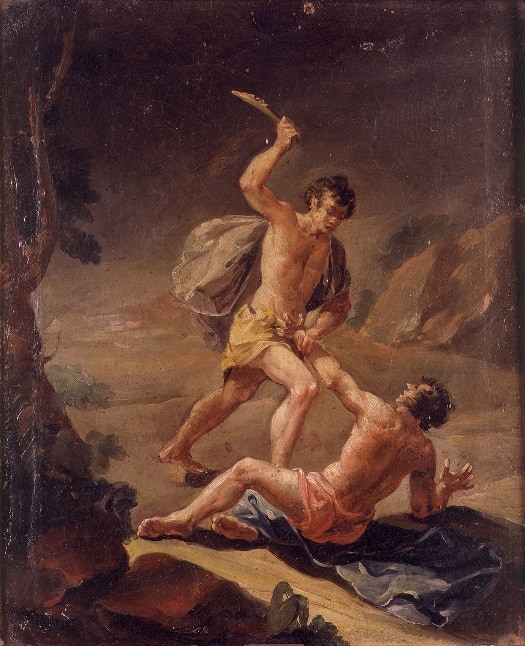 Below is a quote from Kent Sparks’s “Genesis 1-11 as Ancient Historiography,” which is his contribution to the 2015 book Genesis: History, Fiction, or Neither?
Below is a quote from Kent Sparks’s “Genesis 1-11 as Ancient Historiography,” which is his contribution to the 2015 book Genesis: History, Fiction, or Neither?, one of Zondervan’s many Counterpoints books, where multiple perspectives are offered on a given subject. The other contributors are James K. Hoffmeier (Wheaton College) and Gordon J. Wenham (Trinity College, Bristol, England, and professor emeritus of Old Testament at the University of Gloucestershire).
I revisited Sparks’s essay as I was preparing for a senior seminar I am teaching on Genesis, and this quote sparked some nice reflections. Sparks’s essay is much more satisfying to me intellectually than the other two (you can see my earlier post when the book came out, where I am critical of Hoffemeier’s manner of defending the historicity of Genesis 1-11).
Sparks is the most consistently historically minded in his essay; he doesn’t tie himself into knots defending the historicity of Genesis 1-11, treating it rather as “ancient historiography” that reflects the various ways in which ancient people told their origins stories.
Anyway, here is the quote. It summarizes nicely Sparks’s understanding of the nature and function of Scripture. Discuss amongst yourselves.
Scripture is not a room filled with clairvoyant theologians who have the same ideas and agree on every point. It is better understood as a room of wise elders, each an invited guest because of his unique voice and relation to God. Every elder has insight, but no elder has all of the answers, nor are any of them wholly liberated from humanity’s broken, sinful condition. Every voice is of value, but each will perhaps push too far in one direction and not enough in another, and each will push, in some way or another, in the wrong direction. When we read Scripture well, we listen in on the conversations of these elders, and, in conversations with other readers, seek as best we can to understand God’s voice. It is through this communal reading experience that God points us to his one and only solution for our broken condition: Jesus Christ. (p. 116, my emphasis)
To be sure, Sparks’s view is no mainstream evangelical articulation of the nature and authority of the Bible. But, as I I have been known to point out, the problem may be less with people like Sparks and more with assumptions about the nature of Scripture that require special pleading and exhausting gymnastics to hold on to.
been known to point out, the problem may be less with people like Sparks and more with assumptions about the nature of Scripture that require special pleading and exhausting gymnastics to hold on to.

